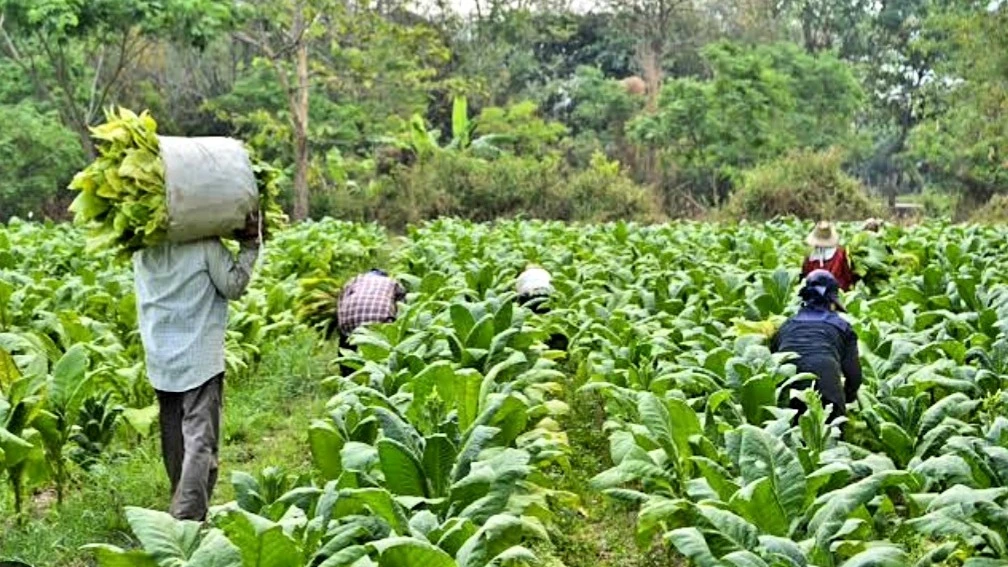Excessive alcohol, tobacco use linked to autism burden

TOBACCO and alcohol consumption as well as older men fathering children, have been identified as major factors contributing to the rise of Autism Spectrum Disorder (ASD) in Tanzania.
This was revealed by Omary Ubuguyu, Assistant Director of Non-Communicable Diseases at the Ministry of Health, during a meeting in Dar es Salaam to mark World Autism Awareness Day on Thursday.
World Autism Awareness Day, established by the United Nations General Assembly in 2007 through Resolution 62/139, is observed annually on April 2nd to raise awareness about autism and promote inclusion for individuals with the condition.
Dr Ubuguyu highlighted other potential causes of autism, including genetic factors and cognitive system disorders. He stressed that while autism cannot be prevented, adopting a healthy lifestyle could significantly improve the chances of having a healthy child.
“While we cannot prevent autism, there are measures that can reduce the risk, such as maintaining a balanced diet, engaging in regular physical activity, and undergoing proper health checks before and during pregnancy,” he said.
He further emphasized the importance of consulting medical professionals when using medication and avoiding substances like alcohol, particularly during pregnancy. These substances, he said, can hinder a child's development and increase the likelihood of cognitive impairments.
Autism, according to Dr Ubuguyu, affects cognitive development, resulting in distinct patterns of thinking, learning, and social interactions. It may also be associated with other cognitive and mental health disorders, including epilepsy, ADHD, and in some cases, severe cognitive impairments. He noted that while some individuals with autism may face challenges in communication and social relationships, others may not exhibit any additional symptoms.
“The first signs of autism typically emerge before a child reaches the age of three, although it is rare to observe these signs earlier,” he said.
Dr Godwin Mollel, Deputy Minister for Health, urged Tanzanians to eliminate the stigma surrounding autism and highlighted the potential in individuals with the condition.
“Many individuals with autism possess exceptional abilities. Some have remarkable cognitive skills that can be nurtured. We must invest in providing the proper services to help them thrive,” he said.
He assured the public that the government is allocating resources to enhance health and educational services for children with autism. He also urged families to avoid isolating children with autism and instead seek professional guidance on how to provide the necessary support in daily life.
“I urge parents and caregivers to seek medical attention promptly if a child faces health challenges. Individuals with autism often have other health issues that require attention," he said.
He also encouraged the public to contribute to the 2030 Sustainable Development Agenda, which includes commitments to reduce the global, regional, and national burden of autism.
The World Health Organization (WHO) estimates that approximately 20,000 children are born with autism in Tanzania each year. Globally, autism affects about one in every 100 children, with boys being four times more likely to be diagnosed than girls, according to research by the Centres for Disease Control and Prevention (CDC) in 2018.
Top Headlines
© 2025 IPPMEDIA.COM. ALL RIGHTS RESERVED






















